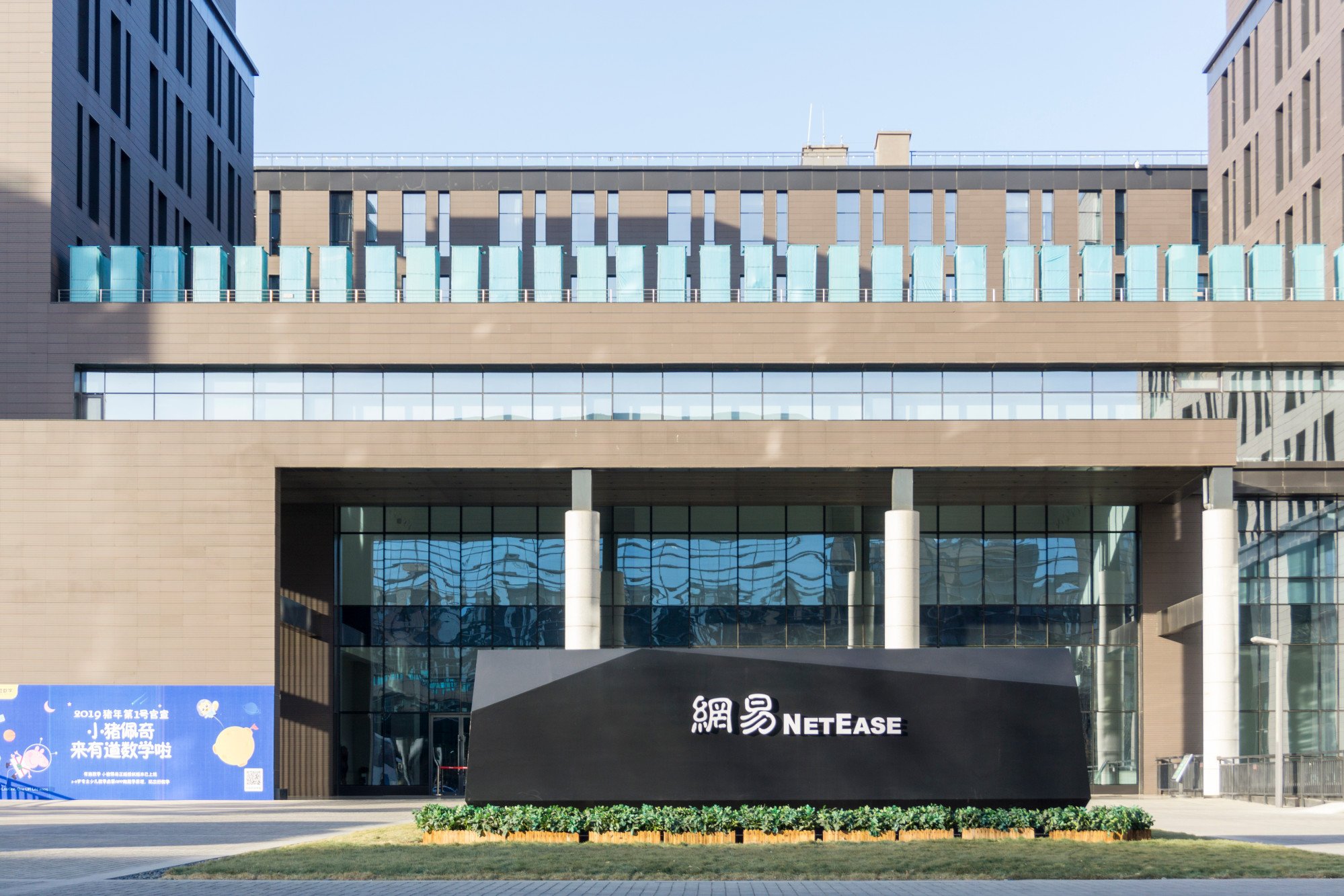
No advanced coding skills required: NetEase launches its ChatGPT rival for enterprises to build apps with text prompts
- CodeWave, a so-called low-code platform, is supported by the Chinese company’s large language model
- NetEase joins a string of Chinese tech giants that are looking to embed generative AI technology into their business solutions
CodeWave, which is a “low-code” platform, is designed to allow enterprise customers to produce simple software without needing sophisticated programming skills. Users just provide descriptions of their desired app functions, and the platform will generate the code needed to create the app, NetEase said in a live-streamed event on Tuesday.
“The value of artificial intelligence has been put at the forefront of production in our society,” said Ding Lei, founder and CEO of the Hangzhou-based company. “We are entering an era of multiplied productivity.”
CodeWave forms part of NetEase’s Digital Sail business, which offers services ranging from cloud computing to digitisation solutions for energy, finance, manufacturing, transport and pharmaceutical industries to move their traditional businesses online.
NetEase said it is looking to leverage the prowess of generative artificial intelligence (AI) – which refers to software that can create new text, images or video – to improve its business intelligence and asset management services.
In November, an AI arms race among tech giants was kicked off with the launch of ChatGPT, the conversational bot from Microsoft-backed US start-up OpenAI, which became a viral sensation for its ability to write coherent essays, poems and programming code.
Since 2018, NetEase has initiated research on OpenAI’s GPT family of LLMs, and has worked on more than 10 supersized pre-training models in areas including natural language processing, as well as text-to-image and audio models.
But NetEase faces intense competition from domestic rivals.

China’s largest search engine operator Baidu in March released Ernie Bot, its answer to ChatGPT, while e-commerce juggernaut Alibaba Group Holding, which owns the South China Morning Post, introduced in April its Tongyi Qianwen model, whose name translates as “seeking truth from a thousand queries”.

